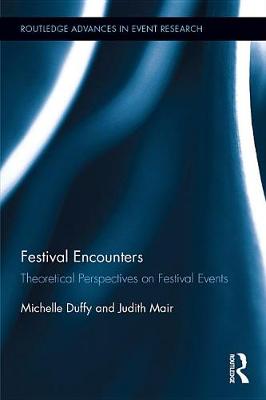Routledge Advances in Event Research
2 total works
Conferences and conventions are one of the fastest growing areas of the events industry. This is a substantially important sector yet research into many dimensions is in its infancy. This timely book, uniquely presents a ‘state of the art’ synthesis of the research on both demand and supply sides of the industry as well as insights into how current and future trends are affecting conferences and conventions.
This volume provides a critical review of the players involved in conferences and conventions; destination image and impacts; and current and future trends. The players in the industry include attendees/delegates, professional conference organisers, and association meeting planners. On the destination side, conference venues and facilities, along with convention and visitor bureaux are examined, as well as how destination image can be developed and improved. Further, this section considers the economic, social and environmental impacts of conferences and conventions. The final section considers some of the major trends that are likely to impact on the industry, including climate change, new technologies and risk and crisis management. To reflect the sector’s international nature case studies and examples from different geographical regions are included throughout.
By identifying gaps in our knowledge, and presenting a collection of themes to guide future research, this book not only adds to our current knowledge, but will underpin the advancement of knowledge in the future. This book is essential reading for all those interested in Events.
Festivals and events are of enormous significance to many communities around the world. They can have historic, religious, cultural and traditional significance, and they are also important parts of community building.
This book focuses on these small-scale, non-metropolitan events (i.e. rural, regional and peri-urban) to explore the complex relationships between place, community and identity and the ways in which festival events bring these into being. By drawing on the notion of ‘encounter’, this book examines how festivals and events can be seen primarily as spaces where different people meet. This notion of encounter helps us to understand how conviviality and social relations are developed, and what this then means in terms of social cohesion and social justice. It also draws on current theoretical and methodological approaches that can tell us about the role of festivals in contemporary life, and it includes the sensual approach, the geographies of affect and emotion, the notion of the right to the city and nonrepresentation theory.
The book brings together these perspectives and examines their relevance in the community events context, identifying and discussing theoretical frameworks drawn from (including but not limited to) human geography, sociology, anthropology, leisure studies and urban planning, as well as tourism and event studies. For these reasons, Festival Encounters will be a valuable read for students and academics working on a wide range of disciplines.

